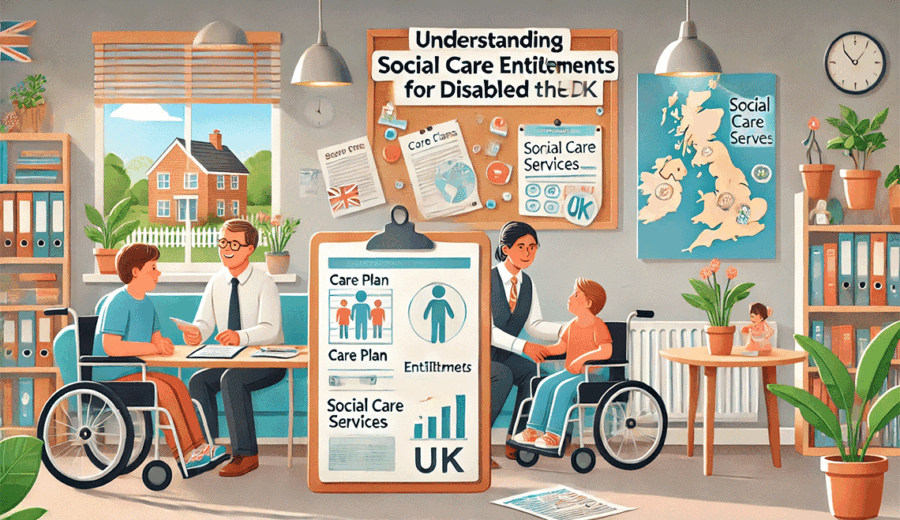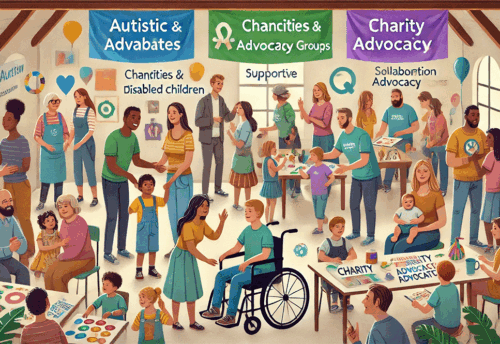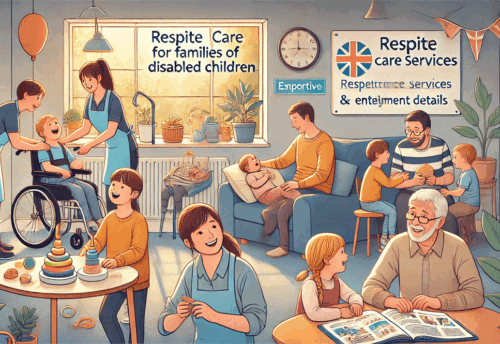
November 27, 2024
Understanding Social Care Entitlements
Understanding Social Care Entitlements for Disabled Children in the UK
Families of disabled children in the UK are entitled to a range of social care services designed to provide essential support. Understanding these entitlements ensures that families can access the resources they need. Here’s a comprehensive guide:
1. What is Social Care for Disabled Children?
Social care refers to services that assist children with disabilities and their families in managing daily challenges. This includes:
- Support for personal care.
- Assistance with accessing education and recreational activities.
- Emotional and practical support for the family.
2. Who Provides Social Care Services?
Social care for disabled children is primarily managed by local authorities, in partnership with:
- Health services (NHS).
- Charities and advocacy groups.
- Educational institutions.
3. Key Entitlements for Disabled Children
- Child’s Needs Assessment:
- Local authorities must assess the needs of a disabled child upon request.
- Determines the child’s requirements for care, equipment, or services.
- Care Plans:
- Following an assessment, a detailed care plan is created.
- Outlines the support services, such as respite care or specialized equipment.
- Short Breaks:
- Allows families to take time off while professionals care for the child.
- Can be day programs, overnight stays, or weekend activities.
- Direct Payments:
- Enables families to arrange their own care services instead of relying on local authority provisions.
- Financial Support:
- Disability Living Allowance (DLA): A non-means-tested benefit for children under 16 with disabilities.
- Carer’s Allowance: For parents or guardians who provide substantial care.
- Educational Support:
- Collaborative efforts between social care and education departments ensure inclusive learning environments.
- Covers transport, specialist teaching, and additional support staff.
4. Rights Under UK Law
- Children Act 1989:
- Mandates local authorities to provide services that meet the needs of disabled children and their families.
- Equality Act 2010:
- Protects against discrimination and ensures equal access to social care services.
- Care Act 2014:
- Extends entitlements to young people transitioning to adult social care services.
5. How to Access Social Care Services
- Contact Your Local Authority:
- Request a Child’s Needs Assessment via the social care department.
- Engage with Support Services:
- Schools, GPs, or local charities can provide referrals and additional guidance.
- Appeal Unfavorable Decisions:
- Families have the right to challenge decisions through the local authority complaints process.
6. Benefits of Social Care Services
- Support for Families:
- Reduces stress and prevents burnout for caregivers.
- Offers resources for siblings of disabled children.
- Empowerment for Children:
- Promotes independence through tailored programs.
- Enhances socialization and inclusion.
7. Challenges and How to Address Them
- Limited Availability: Apply for services early and consider private options if necessary.
- Complex Processes: Seek help from advocacy groups or legal advisors to navigate paperwork.
- Resource Gaps: Explore funding through charities like Family Fund or Contact.
8. Collaborating with Other Services
Social care often works alongside:
- Healthcare Providers: For therapies or medical equipment.
- Education Authorities: To support EHCPs and inclusive education.
- Community Groups: Offering additional respite and social opportunities.
9. Transitioning to Adult Services
As children approach adulthood, local authorities must plan for the transition to adult social care. This includes:
- Reassessing needs.
- Introducing new support structures.
10. Finding More Information
- Local Offer Websites: Detail all available services and contact points.
- Advocacy Groups: Provide guidance on entitlements and rights.
- National Helplines: Offer advice tailored to specific needs.





Leave a Reply